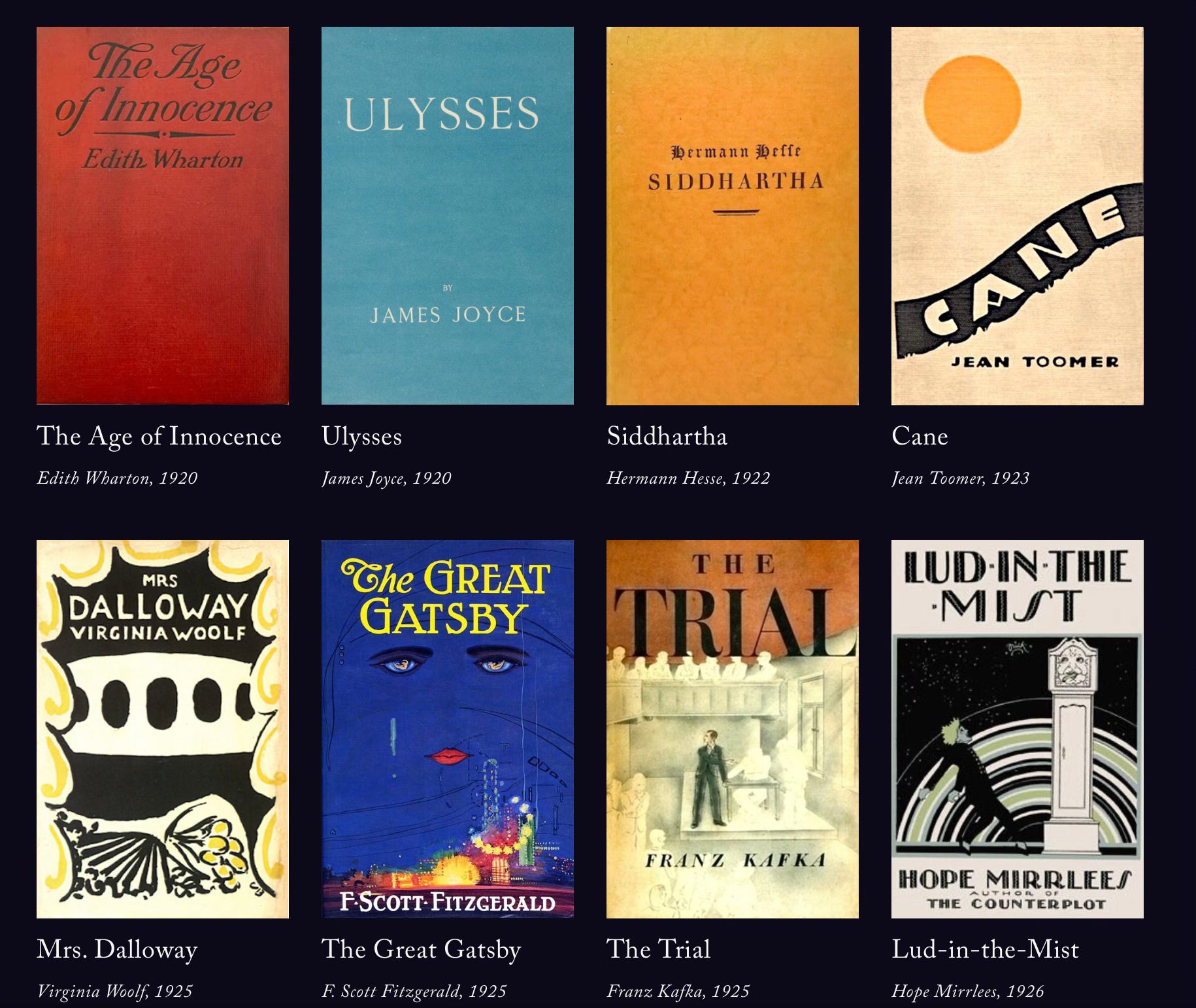As I was musing in a Parisian café, a quartet were discussing the composition of their next song and one person suggested age-proofing it. What? They were proactively, intentionally, deliberately considering writing a song to stand the test of time. It got me thinking. Age-proofing fictional writing is a difficult task for a writer because readers are the force that determine the likeability and longevity of a book. While literature has an enduring quality, only some books will remain forever relevant. My Paris book is placed in a specific time and place, which could quickly date itself – or give readers a snapshot in history. How can I craft a story that stays fresh and resonant for generations to come? How indeed! What a dilemma! Age-proofing a novel involves more than avoiding contemporary references or trends. It’s about creating a world that feels eternal, characters who are relatable across time, and themes that transcend eras. I’m not sure I can achieve that. But here’s a guide I’ll be considering when age-proofing my fictional writing: Universal Themes One of the most effective ways to age-proof a fictional novel is to ground it with universal themes. Human nature doesn’t change much over time, and topics like love, loss, identity, power, freedom, and the search for the meaning or purpose in life will resonate across time. Classics like Miguel de Cervantes’ Don Quixote (1605), Jane Austen’s Pride and Prejudice (1813), Victor Hugo’s Les Misérables (1862), James Joyce’s Ulysses (1920), F. Scott Fitzgerald’s The Great Gatsby (1925), Jack Schaefer’s Shane (1946), or Khushwant Singh’s Train to Pakistan (1956) all have universal themes relatable across generations. Timeless Characters A well-defined character – whether loved or loathed – can transcend the period in which they were created. Fashion, culture, language, and the technology they use can change over the years, but multi-dimensional characters with in-depth emotions and personal growth can remain (almost) eternal. Timeless characters include Quasimodo in The Hunchback of Notre-Dame, Sherlock Holmes in The Hound of the Baskervilles, Katniss Everdeen in Hunger Games, Jack Sparrow in The Pirates of the Caribbean, James Bond in Casino Royale, and Scout and her father Atticus Finch in To Kill a Mockingbird. They are funny, intelligent, unusual, and brave – and faced with internal angst, external conflicts, persistent challenges, or moral dilemmas. Whether it’s a desire for independence, a fear of failure, or a search for purpose, these timeless struggles help readers connect with characters from any era. Universal Language Language changes quickly, and slang or jargon that is hip today can sound uncool tomorrow. Timeless characters generally have a natural style, easily adaptable to different times, often with memorable phrases of speech – much like the characters in Shakespearean plays. Who doesn’t remember Hamlet’s “To be or not to be: that is the question” – or Macbeth’s “What’s done cannot be undone” – the timeless quotes from the ancient bard? Timeless Places Timeless places can be fictional planets as in Dune; ancient civilizations as in Iliad; mysterious moors in Wuthering Heights; exotic transportation such as Murder on the Orient Express; a scene on Hanover Street; a country such as The High Mountains of Portugal; a building such as A Room with a View; or a location like To the Lighthouse. Major cities have endless books about them, many even memorable: Paddington’s Guide to London, Death in Venice; Bangkok Wakes to Rain; and Seven Poor Men of Sydney. Writing of a place lived, visited, or known is often advised but also effective is creating a fictional world, using an unspecified setting, or relying on timeless environments like nature or more abstract settings. While historical fiction is often tied to a particular period, it can still be timeless if the focus is on universal themes and the emotions of the time, like in Amor Towles’ A Gentleman in Moscow or Chimamanda Ngozi Adichie’s Half of a Yellow Sun; or Warlight by Michael Ondaatje. Social Issues While many great novels engage with social issues of their time, it’s important to strike a balance between commentary and storytelling. If the novel becomes more about the issue than the people or plot, it may feel dated because societal concerns evolve. Characters can be shaped by their environment, but the story should remain focused on them and their personal journey. This way, the story remains relevant even if the specific social issue fades from public consciousness. While the specifics of a cultural or political issue may change, the emotional truths behind struggles remain relatable, such as the fight for personal freedom or survival. Symbolism and Metaphor Symbolism and metaphor enable authors to convey complex ideas and emotions in a way that transcends the specificities of time. A metaphor about love, power, or nature can remain as powerful 50 years into the future as it does today. For example, consider the timeless appeal of the metaphor of the journey, the quest, the search, or the challenge. Whether it’s a literal or figurative journey, the concept has been used in literature across centuries, from Homer’s Odyssey to contemporary novels like The Road by Cormac McCarthy or Paulo Coelho’s The Alchemist. A strong metaphor can elevate fictional writing, giving it universal resonance that transcends the temporal moment of tapping the computer keys. Emotional Connection with the Reader At the heart of every timeless story is an emotional connection between the reader and the narrative. Whether it's a romance, a thriller, or a coming-of-age story, the key to creating a lasting impression lies in the authenticity of that connection. By focusing on the core of what makes us human – emotions, desires, and struggles – it is empathy or sympathy or an understanding that unite us. By creating characters and situations that are grounded in these universal experiences, readers may be able to connect with the story regardless of the period in time. Interpretation is everything – readers have the freedom to interpret a story to match their situation even if their view is different from the author’s intention. A timeless novel allows readers to draw their own conclusions. Leaving space for readers to find personal meaning in a story can help age-proof a piece of work to different times for different people in different places. Timeless Writing, Timeless Story Age-proofing fictional writing – a novel, novella, play or short story – isn’t about avoiding change or embracing nostalgia. It’s about recognizing the elements that make stories universally appealing – human emotions, timeless themes, relatable characters, and evocative prose – and creating a narrative that will continue to speak to future generations. By writing with these principles in mind, I just might have a novel that won’t only capture a moment in time but will continue to engage readers into the future. I just might … I just might. Have you missed the other 30 episodes? Find them in the “PARIS as I write” tab of this “The Stories in You and Me” Substack. MY PARIS WEBSITE AND ALL THINGS PARISIAN Photographer: Martina Nicolls PIP DECKS, the fun and engaging how-to guides for business. Invite your friends and earn rewardsIf you enjoy The Stories in You and Me , share it with your friends and earn rewards when they subscribe. |
Monday, 16 December 2024
NEW PARIS BOOK IN PROGRESS IN 2024: AGE-PROOFING FICTIONAL WRITING – Blog 31
Subscribe to:
Post Comments (Atom)
Freedom, fire, and fate: 3 horse songs for the Lunar Year of the Red Fire Horse
… 2026 … a year of movement, courage, instinct, passion, and sudden turns of fate … ͏ ͏ ͏ ͏ ͏ ͏ ͏ ͏ ...
-
thealchemistspottery posted: " "I shall pass through this world but once.If therefore, there be any kindness I can sho...
-
Stimulate the body to calm the mind Cross Fit for the Mind The Newsletter that Changes the Minds of High Performers If overstimulation is th...




No comments:
Post a Comment